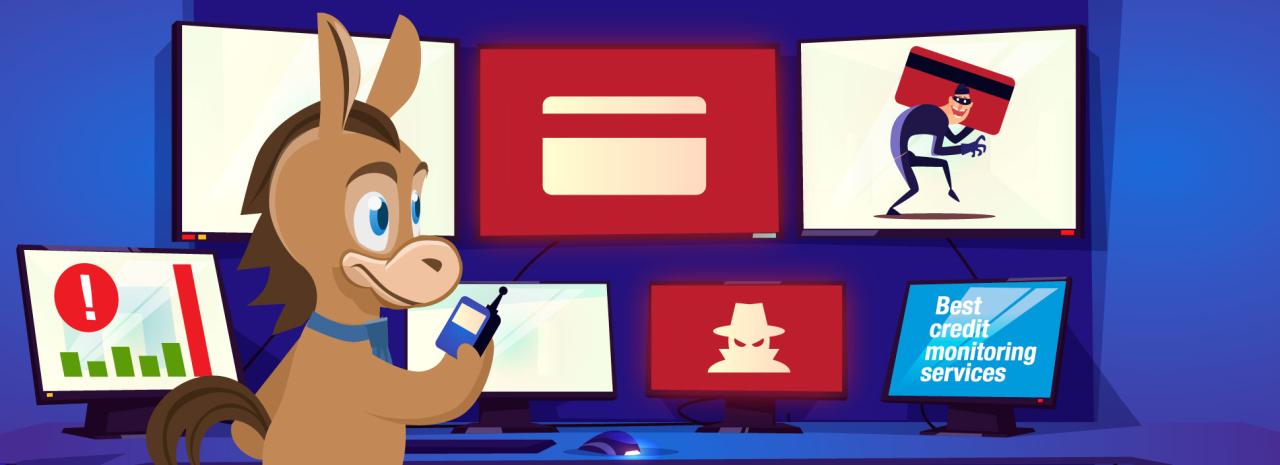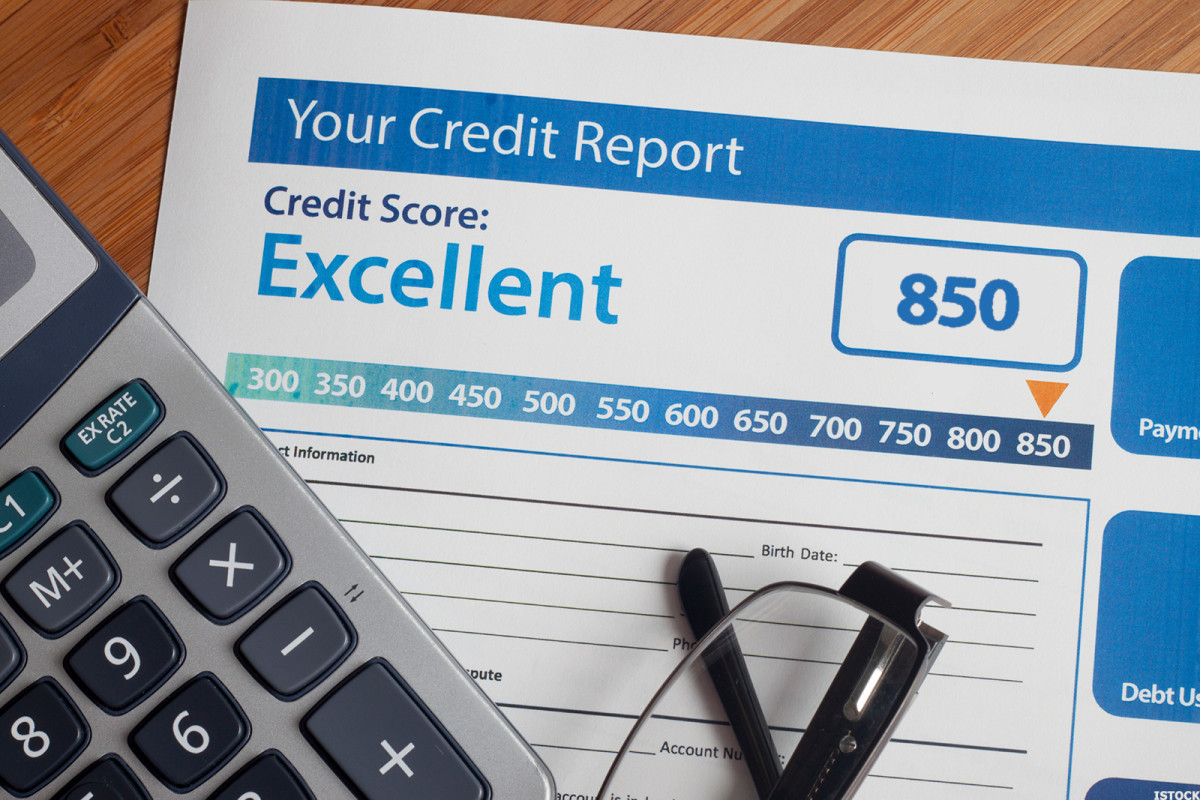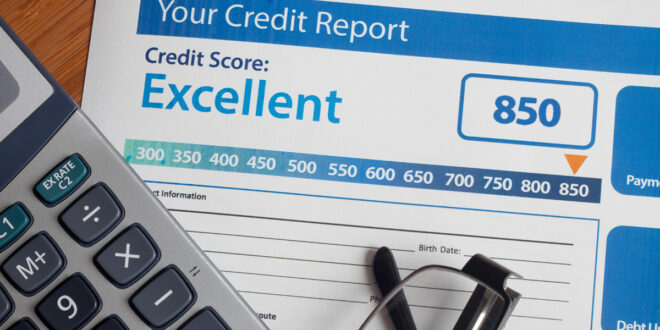Small business credit reporting services are essential for any entrepreneur looking to secure funding, build trust with suppliers, and establish a solid financial foundation. Understanding how credit reporting works, the factors that influence your score, and the strategies to improve it can significantly impact your business’s growth and success.
This guide delves into the world of small business credit reporting, exploring the different types of services available, the key factors considered in assessing creditworthiness, and practical tips for accessing, monitoring, and improving your credit score. We’ll also discuss the crucial role of credit reporting in securing loans, attracting investors, and navigating business partnerships.
Types of Small Business Credit Reporting Services

Understanding the various types of small business credit reporting services available is crucial for making informed decisions about your business’s financial health. These services offer valuable insights into your creditworthiness and can help you secure loans, financing, and even attract new customers.
Personal Credit Reports
Personal credit reports reflect an individual’s credit history, including payment history, outstanding debts, and credit utilization. While not directly related to a business’s creditworthiness, they can indirectly impact the business owner’s ability to secure loans or financing.
For instance, if a business owner has a poor personal credit score, lenders might be hesitant to approve loans, even if the business itself has a strong credit history.
Business Credit Reports
Business credit reports provide a comprehensive overview of a company’s financial performance, including its payment history, outstanding debts, and credit utilization. These reports are specifically designed for businesses and are used by lenders, suppliers, and other businesses to assess a company’s creditworthiness.
These reports are generally more detailed than personal credit reports and include information such as business ownership structure, revenue, and number of employees.
Industry-Specific Reports
Industry-specific credit reporting services provide specialized insights into the creditworthiness of businesses within a particular industry. These reports often include data on industry trends, competitor analysis, and financial benchmarks, which can be invaluable for making informed business decisions.
For example, a construction company might use an industry-specific credit reporting service to understand the creditworthiness of its subcontractors or to identify potential risks associated with a specific project.
Factors Considered in Credit Reporting

Credit reporting agencies meticulously evaluate various factors to determine a small business’s creditworthiness. These factors are carefully considered and combined to generate a comprehensive credit score, reflecting the business’s financial health and credit risk.
Payment History, Small business credit reporting services
Payment history is a crucial factor in assessing a small business’s creditworthiness. It reflects the business’s ability to meet its financial obligations on time. Credit reporting agencies track a business’s payment history, including:
- On-time payments: Consistently making payments on time demonstrates financial responsibility and a strong credit history.
- Late payments: Late payments indicate potential financial difficulties and can negatively impact a business’s credit score.
- Missed payments: Missed payments are a serious red flag, suggesting a lack of financial stability and a higher risk of default.
Payment history is often the most heavily weighted factor in credit scoring, as it provides a direct measure of a business’s ability to manage its finances.
Credit Utilization
Credit utilization refers to the amount of credit a business is using compared to its total available credit. This ratio is an indicator of how much debt a business is carrying and its ability to manage its credit responsibly.
- Low credit utilization: A low credit utilization ratio, indicating a small portion of available credit is being used, suggests responsible credit management and a lower risk of default.
- High credit utilization: A high credit utilization ratio, indicating a significant portion of available credit is being used, can signal potential over-reliance on credit and a higher risk of financial distress.
Credit utilization is a significant factor in credit scoring, as it reflects a business’s reliance on credit and its ability to manage its debt burden.
Debt-to-Income Ratio
The debt-to-income ratio (DTI) measures a business’s debt obligations relative to its income. This ratio helps assess a business’s ability to manage its debt and meet its financial obligations.
- Low DTI: A low DTI, indicating a smaller proportion of income dedicated to debt payments, suggests financial stability and a lower risk of default.
- High DTI: A high DTI, indicating a significant portion of income is used for debt payments, can signal potential financial strain and a higher risk of default.
Debt-to-income ratio is an important factor in credit scoring, as it reflects a business’s ability to manage its debt and meet its financial obligations.
Credit Reporting for Business Partnerships and Acquisitions

Credit reporting plays a crucial role in due diligence processes for business partnerships and acquisitions. It provides valuable insights into the financial health and risk profile of potential partners or acquisition targets, enabling informed decision-making.
Assessing Financial Health and Risk
Credit reports offer a comprehensive view of a company’s financial history, including payment patterns, outstanding debt, and credit lines. This information helps assess the financial health and risk profile of potential partners or acquisition targets.
- Payment History: Analyzing past payment patterns reveals a company’s reliability in meeting financial obligations. Consistent on-time payments indicate a strong financial track record, while late or missed payments suggest potential financial instability.
- Outstanding Debt: Credit reports disclose the amount of outstanding debt, including loans, credit lines, and other financial obligations. High debt levels can indicate financial strain and potential risks for future partnerships or acquisitions.
- Credit Lines: The availability and utilization of credit lines reflect a company’s access to capital and its ability to manage debt. Limited credit lines or high utilization rates can signal financial constraints and potential challenges.
Negotiating Favorable Terms
Credit reports provide valuable leverage in negotiating favorable terms for partnerships and acquisitions. By understanding a company’s financial health and risk profile, you can:
- Set Realistic Expectations: Credit reports help set realistic expectations for future financial performance, enabling you to negotiate terms that reflect the company’s financial position.
- Secure Adequate Protection: Credit reports can help identify potential risks and vulnerabilities, allowing you to negotiate terms that provide adequate protection for your investment.
- Determine Appropriate Pricing: Credit reports provide insights into a company’s value and financial potential, enabling you to determine an appropriate price for a partnership or acquisition.
Outcome Summary
By understanding and leveraging the power of small business credit reporting services, entrepreneurs can unlock a world of opportunities for growth and financial stability. From securing financing to building strong business relationships, a good credit score is the cornerstone of a successful venture. By proactively managing your credit profile, you can pave the way for a brighter future for your business.
Clarifying Questions: Small Business Credit Reporting Services
What is a credit score and how is it calculated?
A credit score is a numerical representation of your creditworthiness, calculated based on factors like payment history, credit utilization, debt-to-income ratio, and length of credit history. Credit bureaus use complex algorithms to determine your score, which typically ranges from 300 to 850.
How can I access my business credit report?
You can access your business credit report through credit reporting agencies like Dun & Bradstreet, Experian, and Equifax. Some online platforms also offer access to business credit reports, while others specialize in providing credit monitoring services.
What are the benefits of improving my business credit score?
A higher credit score can lead to lower interest rates on loans, better financing terms, and increased trust from suppliers and investors. It can also open doors to new business opportunities and enhance your company’s reputation.
How often should I monitor my business credit report?
It’s recommended to monitor your business credit report at least annually, and more frequently if you’ve recently applied for financing or experienced any changes in your financial situation. This helps identify any errors or potential fraud.
 Norfolk Publications Publications ORG in Norfolk!
Norfolk Publications Publications ORG in Norfolk!

